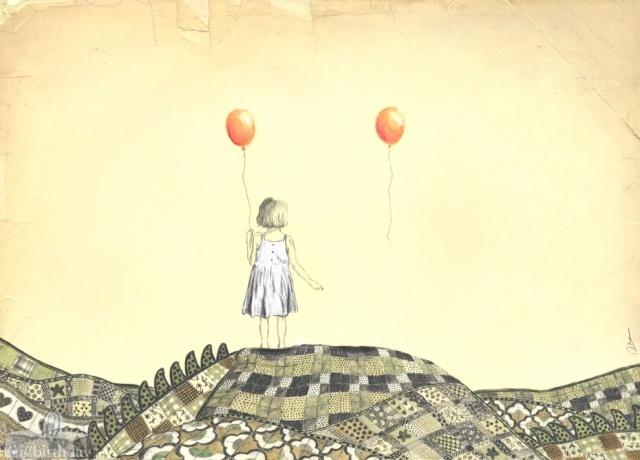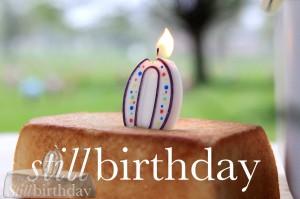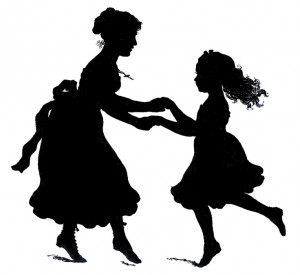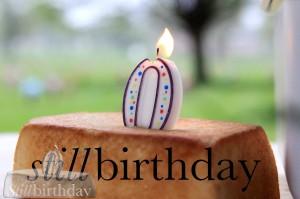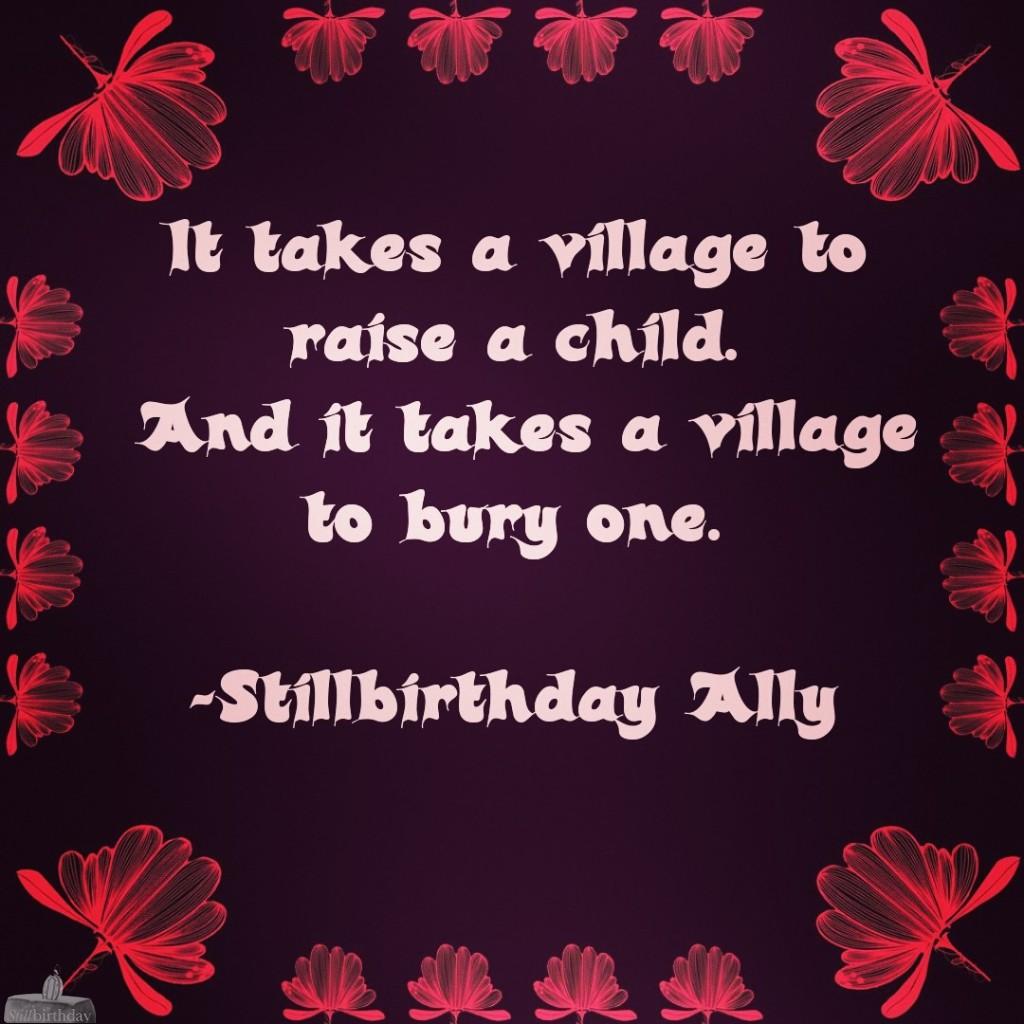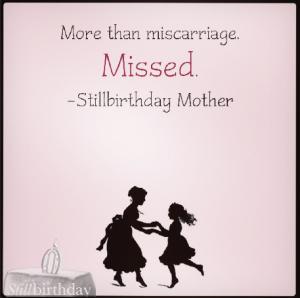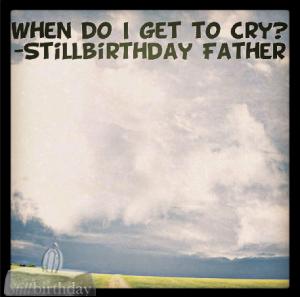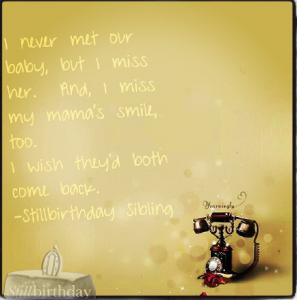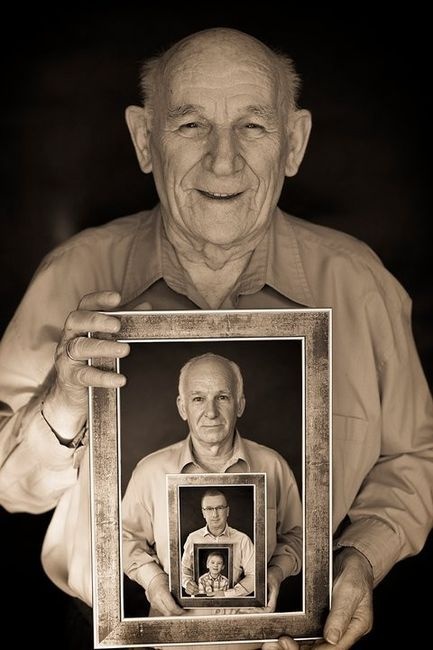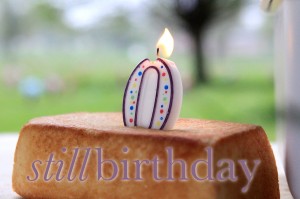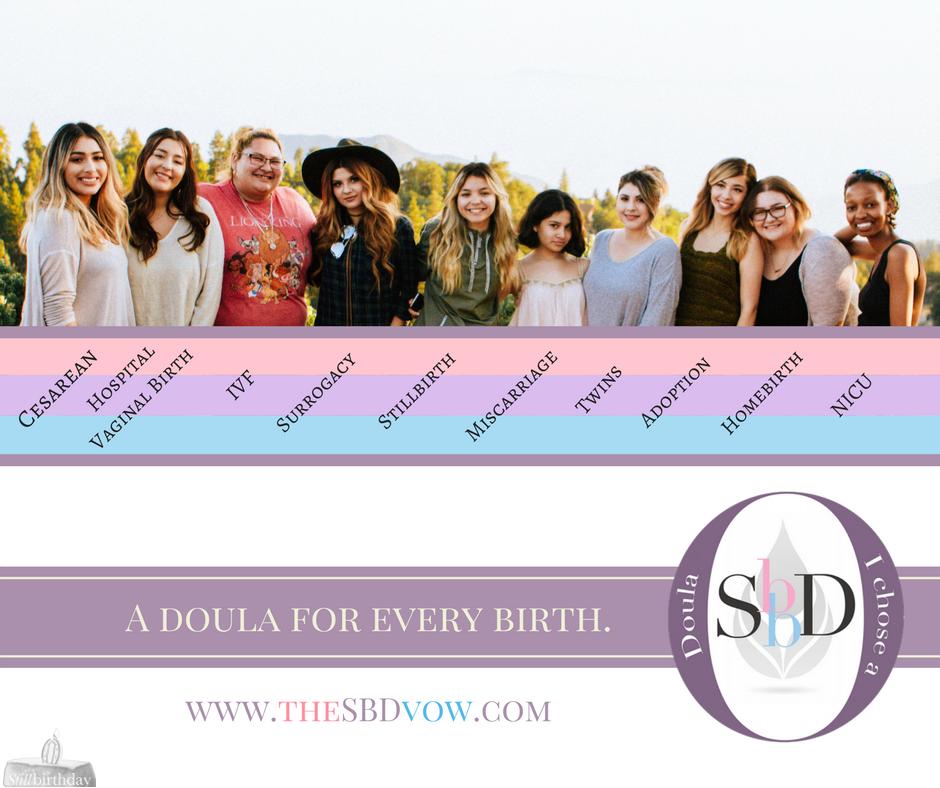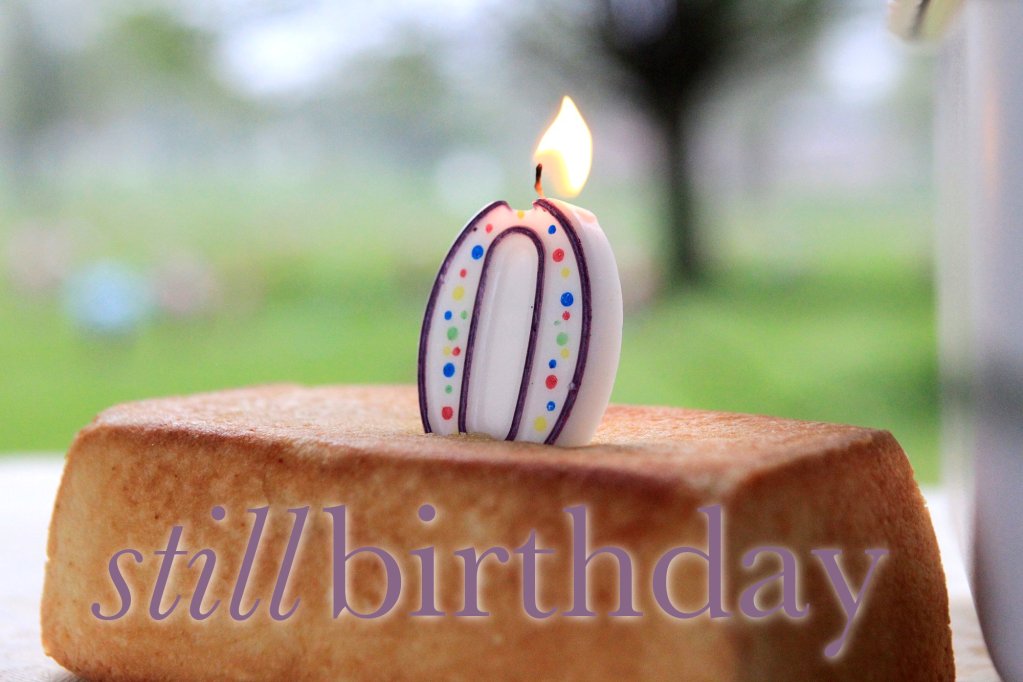Told by: Anne
My sister in law and I were pregnant at the same time. She lost her precious baby girl somewhere between 20-24 weeks. Even though we’re not close, it hit me hard. My husband and I sat and cried and cried when we got that call. Our hearts just ached for them.
We didn’t know our baby’s sex until birth, but we had a girl too. She’s 14 months old. My sister in law and brother in law have come to visit my mother in law several times (she lives only a few minutes from my husband and I), and we disagree on whether we should just go over like we used to when they would visit.
My brother in law has seen our baby once when we brought our son to play with their son, but my sister in law had stayed home that time. So she has still never seen our baby, and I don’t blame her… I feel like we should stay away unless they ask to see us.
My husband’s heart still breaks for his brother. And I know, looking at our little girl, he thinks about the cousin she would have. I think about her too. And her poor parents who will always mourn her.
Photo Source (unconfirmed): Melody Godfred
